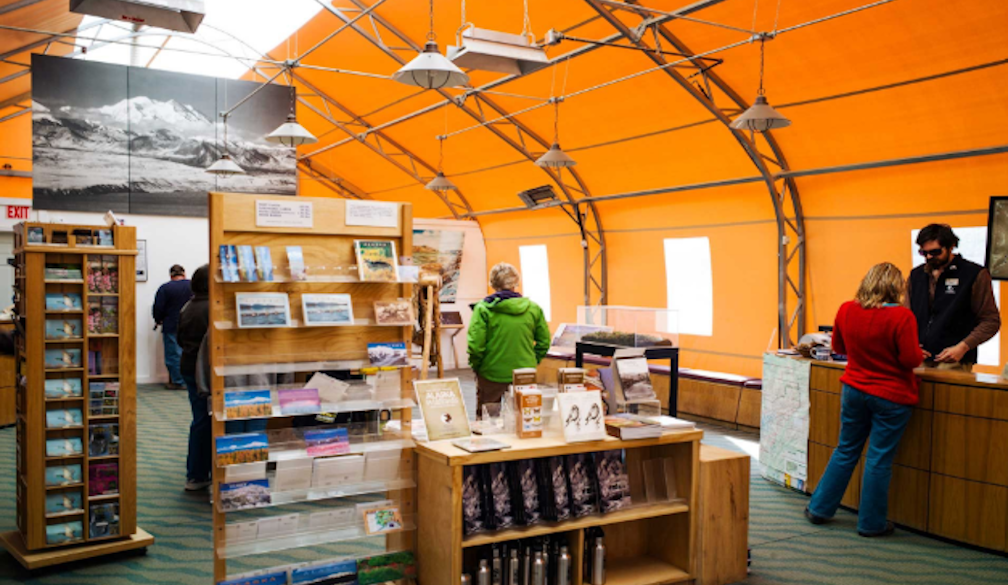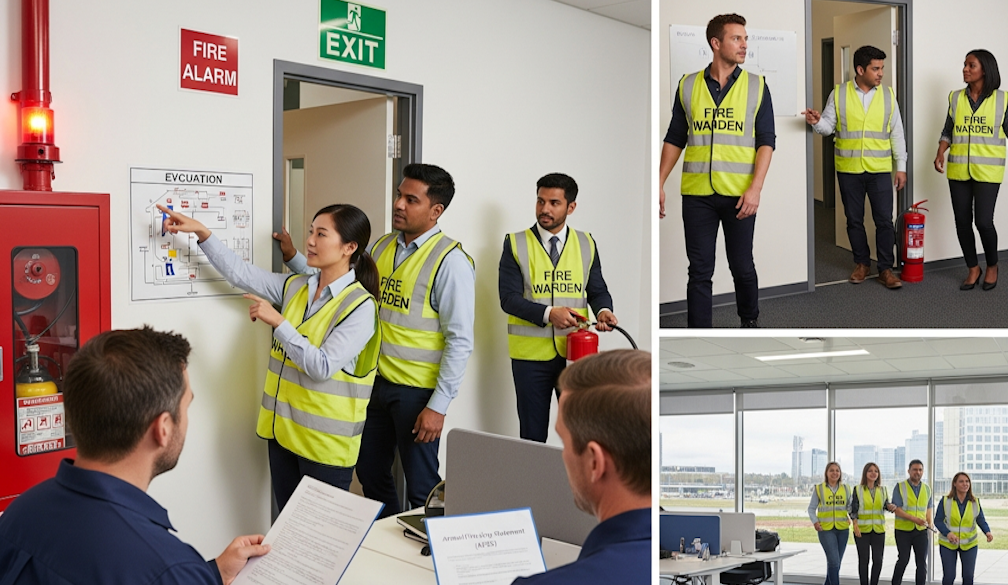When Confidence Masquerades as Wisdom
- Written by Mark J. Chironna, PhD.

We’re living in a moment where noise is mistaken for knowledge, and certainty, no matter how baseless, is applauded more than quiet, well-earned insight. In this cultural mood, those who speak the loudest, most decisively, and most dramatically are often assumed to be the ones who know.
But... confidence is not competence.
Volume is not vision.
And persuasion is not the same as wisdom.
Isaac Asimov once insightfully observed,
"There is a cult of ignorance in the United States, and there always has been. The strain of anti-intellectualism has been a constant thread winding its way through our political and cultural life, nurtured by the false notion that democracy means that 'my ignorance is just as good as your knowledge.'"i
Asimov’s point resonates strongly in this cultural moment, where personal opinions are often mistaken for thoughtful, disciplined insight. While it is true that democracy values each individual's voice, this does not mean that all viewpoints are equally informed or valid. The danger emerges when we lose the ability, or perhaps the willingness, to differentiate between an informed perspective, built upon years of research and reflection, and an uninformed viewpoint loudly asserted. Valuing democracy should not imply relativizing knowledge or trivializing expertise; rather, it should encourage us to listen with discernment, recognizing the hard-earned wisdom that arises from deep reflection, disciplined study, and genuine intellectual humility.
What’s particularly concerning is how quickly the public has come to accept this inversion of authority. It’s one thing to value diverse perspectives; it’s entirely another to dismiss the accumulation of experience, research, and disciplined thought simply because it feels inconvenient or challenging to our worldview.
Tom Nichols, in The Death of Expertise, highlights the troubling reality of "unfounded arrogance," noting that attacks on established knowledge sometimes feel humorous or entertaining at first, as late-night comedians reveal how easily people confidently improvise opinions on absurd topics, betraying their own ignorance. Yet, Nichols rightly points out that when such ignorance intersects with matters of genuine consequence, such as vaccine hesitancy driven by celebrities who spread misinformation, the results are far from amusing. This isn't mere ignorance; rather, it reflects what Nichols identifies as "the outrage of an increasingly narcissistic culture" unwilling to accept any hierarchy of knowledge.ii Indeed, we now routinely witness the spectacle of personalities elevated for little more than having a strong opinion and a sizable platform, their persuasive certainty overshadowing the sober insights of experts who have dedicated decades to disciplined study. This erosion of trust in expertise, fueled by confident but ungrounded voices, ultimately risks real and lasting harm.
This isn’t just a matter of intellectual snobbery or cultural preference; it's a deeper crisis of discernment. Wisdom is steadily being displaced by empty rhetoric, and we can already see the harmful effects in our fragmented public discourse, the eroded trust in institutions, and the growing suspicion toward anyone who dares speak with nuance or restraint. Susan Jacoby insightfully observes in The Age of American Unreason that anti-intellectualism often does not openly present itself as hostility toward thought or culture; rarely does anyone explicitly set out to "torment an intellectual and strangle an idea."iii
Yet, Jacoby rightly notes, there are subtle, equally damaging ways of strangling ideas—particularly by fostering suspicion that there is something sinister or un-American about "intense devotion to ideas, reason, logic, evidence, and precise language." When influential figures actively dismiss evidence-based reasoning as irrelevant, preferring instead to craft their own self-serving narratives without accountability, the result is a chilling marginalization of those who rely on careful analysis and reflection.
This dismissal is symptomatic of what Jacoby describes as a "morbid disease affecting the entire body politic,"iv one exacerbated in our contemporary culture by mass media saturation, where entertainment, noise, and spectacle override opportunities for concentration, reflection, and careful thought. As a result, when individuals in positions of influence claim insight while deliberately rejecting the carefully honed wisdom of actual scholars; those who've devoted their lives to rigorous inquiry, we owe it to ourselves and one another to pause, reflect deeply, and ask critical questions about the cultural and political direction in which we're headed.
Who benefits when expertise is ignored? When serious economists are cast aside in favor of populist promises, who wins? When epidemiologists are mocked by armchair theorists, what’s the cost? When theologians, historians, scientists, or educators are pushed to the sidelines for speaking hard truths, what future are we forfeiting?
Collins and Evans, in Rethinking Expertise, draw attention to a troubling contemporary twist in debates over expert knowledge, the elevation of what they call the "folk wisdom view." This perspective claims, somewhat paradoxically, that ordinary people possess a deeper, instinctive understanding of technical issues than the specialists who spend years immersed in disciplined inquiry. According to advocates of this viewpoint, "Many ‘ordinary’ people demonstrate a thorough grasp of issues such as uncertainty," supposedly putting them "ahead of many scientists and policy advisors in their instinctive feeling for a need to act in a precautionary way."v
Yet Collins and Evans underscore the inherent contradiction of this claim by reminding us that genuine expertise is grounded in Michael Polanyi’s concept of "tacit knowledge" (we know more than we can tell). That is the kind of deep understanding one gains only through sustained, social immersion in a particular field. They warn that the confidence derived from distant observation is frequently an illusion: "from far away it is hard if not impossible to discern the complexities which lead scientists to be cautious in making claims." In other words, distance can lend a deceptive clarity, masking the nuance and complexity that characterize authentic knowledge.vi
This insight should cause us to pause and ask ourselves some serious questions about the type of society we are becoming. If we continue to prize charisma over character, noise over knowledge, and surface-level confidence over deep competence, we risk forfeiting a future shaped by genuine insight. Perhaps what we most urgently require is a cultural re-anchoring in humble, tested, and slow wisdom—the kind that doesn’t grab headlines but builds enduring foundations. And that re-anchoring begins with a shift in our own posture, starting with better questions:
Have they done the work?
What are they drawing from?
Who have they listened to?
What history are they honoring or ignoring?
Wisdom would be to refuse false binaries. We’ve been sold the idea that expertise equals elitism. But respect for learning is not the same as blind allegiance. We can challenge systems without discarding scholarship.
We desperately need to recover humility. True wisdom doesn’t need to prove itself. It listens. It discerns. It leaves room for mystery and growth. Beware those who offer certainty without any signs of self-awareness.
What could happen if we amplify quieter voices? Often the ones most worth hearing aren’t the ones dominating our feeds. They’re in libraries, labs, sanctuaries, or small classrooms, still doing the work long after the cameras have moved on.
We also need to discern the fruit.
Is the message we’re hearing sowing peace or strife?
Is it producing clarity or confusion?
Is it drawing you into greater compassion or into deeper contempt?
Solomon the Wise said that Lady Wisdom cried out in the streets; but so are a thousand other voices. The task is to slow down enough to distinguish the difference. Lady Wisdom often walks in quietly, unannounced. She doesn’t yell. She doesn’t force. But if we’re listening, she still speaks.
And maybe that’s what we need most right now...not another opinion, not another firebrand, not another campaign of fear dressed up as vision, but wisdom.
Real wisdom.
The kind that is teachable.
The kind that heals.
The kind that costs something to carry.
In a world captivated by quick fixes and instant opinions, wisdom quietly invites us into deeper reflection. It reminds us that genuine growth often happens away from the spotlight—where truth is measured slowly, and discernment matters more than certainty.
Bishop Mark J. Chironna PhD
Church On The Living Edge
Mark Chironna Ministries
The Issachar Initiative
Order of St. Maxmius
United Theological Seminary, Visiting
Professor, Co-director, House of Pentecostal Studies
Dr. Mark Chironna is a public scholar, executive and personal coach, and thought leader with five decades of experience in leadership development, cultural analysis, and future-focused strategies. With advanced degrees in Psychology, Applied Semiotics and Futures Studies, and Theology, he brings a unique interdisciplinary approach to helping individuals and organizations navigate complexity, unlock potential, and craft innovative solutions.
As a Board Certified Coach with over 30,000 hours of experience, he empowers leaders and teams to thrive through resilience, foresight, and actionable strategies. Passionate about human flourishing, he integrates psychological insight and cultural trends to inspire growth and transformation.
https://www.markchironna.com/












